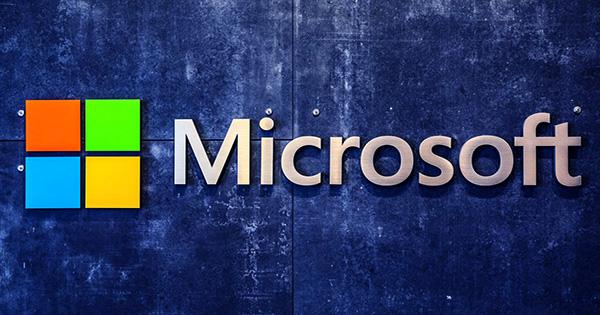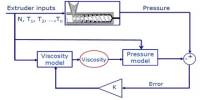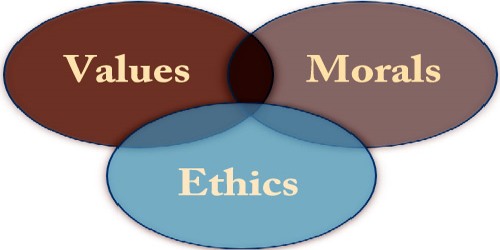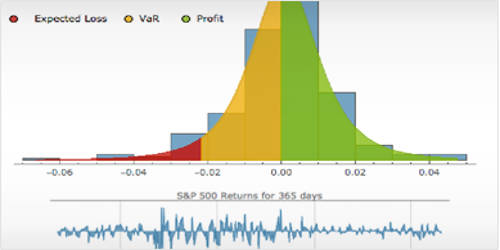Microsoft today agreed to acquire the top nuance of speech in $19.7 billion in text software. Bloomberg broke the story over the weekend that talks were underway between the two agencies. In a post announcing the deal, the company said it was looking to increase its presence in healthcare verticals, a place where nannies have done well in recent years.
Nuance’s products in this area include Dragon Ambient Experience, Dragon Medical One and PowerScribe 1 for radiology reporting. “Today’s acquisition announcement represents the latest step in Microsoft’s industry-specific cloud strategy,” the company wrote. The acquisition was made by the two companies based several mergers and acquisitions over the past few years.
The company is proud of its 10,000 healthcare customers, according to the website. Among them were AthenaHealth, Johns Hopkins, Mass General Brigham and Cleveland Clinic, to name a few, and it was the customer base that attracted Microsoft to pay the price for folding Nuance. Mark Benjamin, CEO of Nuance, will be with the company and will report to Scott Guthrie, EVP of Microsoft, who is in charge of Cloud and AI Group.
Nuance has a complex history. It went public in 2000, and in 2001, Learner began buying Speech Recognition products from Hauspie, including Dragon Dictate. It merged with a company called ScanSoft in 2005. That company started life in 1992 as the scanning company Vision. Today, the company has multiple products, including Dragon Dictate, a consumer and business text-to-speech product that dates back to the early 1990s. It is involved in speech recognition, chat bots and natural language processing especially in healthcare and other vertical fields.
The company has 6,000 employees spread across 27 countries. In the most recent earnings report for November 2020, which was for Q42020, the company earned $352.9 million, compared to $387.6 million in the same period a year earlier. It not the direction a company wants to go, but it is still a run rate of over $1.4 billion. At the time of this revenue call, the company announced that it was selling its Medical Transcription and Electronic Health Record (EHR) go-live services to assured healthcare partners and Eris Technology Group. Benjamin, the company’s chief executive, said it would help him focus on keynote services.
















